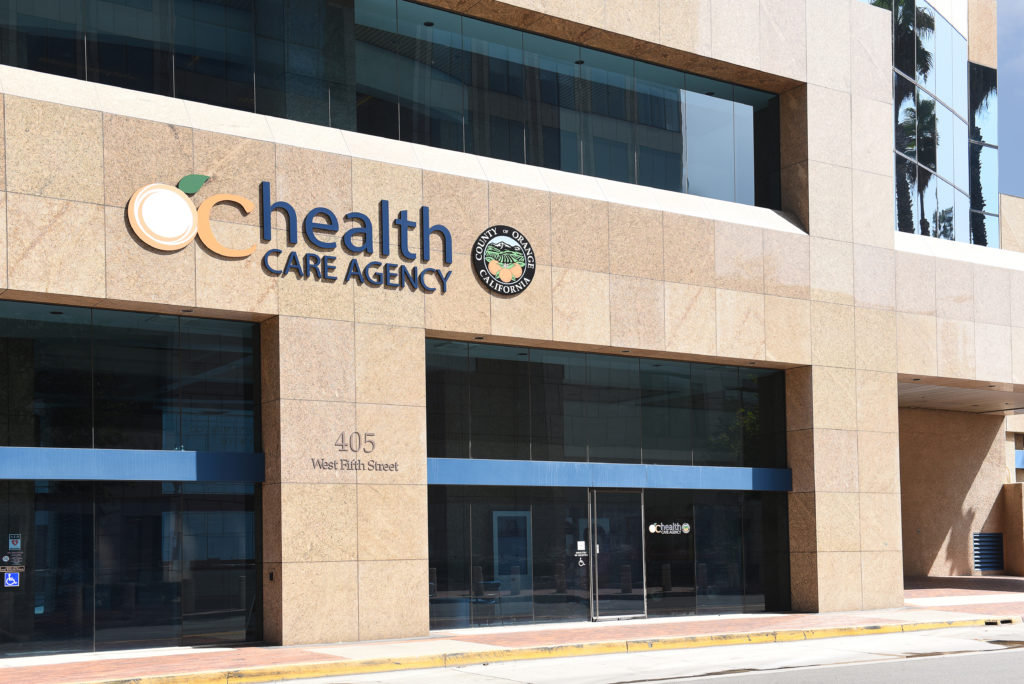
Citing record numbers of pediatric hospitalizations from respiratory infections, local public health officials are urging Orange County residents to follow disease preventive measures, including staying home when sick, covering coughs and sneezes, washing hands frequently and masking up in large group settings.
County Health Care Officer Dr. Regina Chinsio-Kwong and medical directors with the OC Health Care Agency point to a spike in cases and emergency room visits associated with respiratory syncytial virus, or RSV.
RSV infections are common — CHOC reports that nearly all U.S. children will contract an RSV infection by the time they reach 2 years old — and the virus is one of many to cause respiratory illnesses during cold and flu season. For healthy children, symptoms typically resemble a common cold, but RSV can lead to more serious conditions like bronchiolitis and pneumonia in young babies and individuals with weakened immune systems.
Among children under 5, RSV is responsible for about 58,000 pediatric hospitalizations in the U.S. every year and 100 to 500 deaths, according to the HCA. For adults 65 and older, it causes about 177,000 hospitalizations and 14,000 deaths.
Health emergency declaration
Based on current patient volumes and hospital capacities, Dr. Chinsio-Kwong, who is also the HCA’s chief medical officer, issued a Declaration of Health Emergency and Proclamation of Local Emergency on Monday, Oct. 31.
“While there isn’t a vaccine against RSV, we want OC residents to know there are many ways to protect children and at-risk individuals,” the county health officer said. “Following preventive measures, including remaining up to date with other vaccinations such as flu and COVID-19, can help reduce the severity of disease and can help reduce the burden on hospitals this fall and winter.”
“Our best shot at protecting ourselves and our children from respiratory illnesses continues to be the same things we practiced throughout the pandemic, including the use of masks when indoors around others and staying home when you are sick,” Dr. Chinsio-Kwong said.
Symptoms and prevention tips
The HCA advises seeking medical attention immediately if children show warning signs, such as having trouble breathing, having a persistent or high fever, looking or acting very sick, or dehydration — for example, not urinating in more than eight hours, or producing dark urine, a very dry mouth and no tears. Families are encouraged to call their primary care provider or pediatrician before their visit.
Meanwhile, here are the preventative actions recommended by the HCA:
- Do not go to school or work when you are symptomatic.
- Avoid close contact such as kissing, hugging, and sharing cups or eating utensils with people who are sick, and when you are sick.
- Cover your coughs and sneezes with a tissue or your upper shirt sleeve, not your hands.
- Mask when indoors or large group settings.
- Wash your hands frequently, especially before and after eating and using the bathroom.
- Get your flu shot and COVID-19 vaccines to prevent complications from these viral illnesses.
For more information on respiratory syncytial virus, along with prevention tips and how to get care, visit health.choc.org/guide/rsv.
